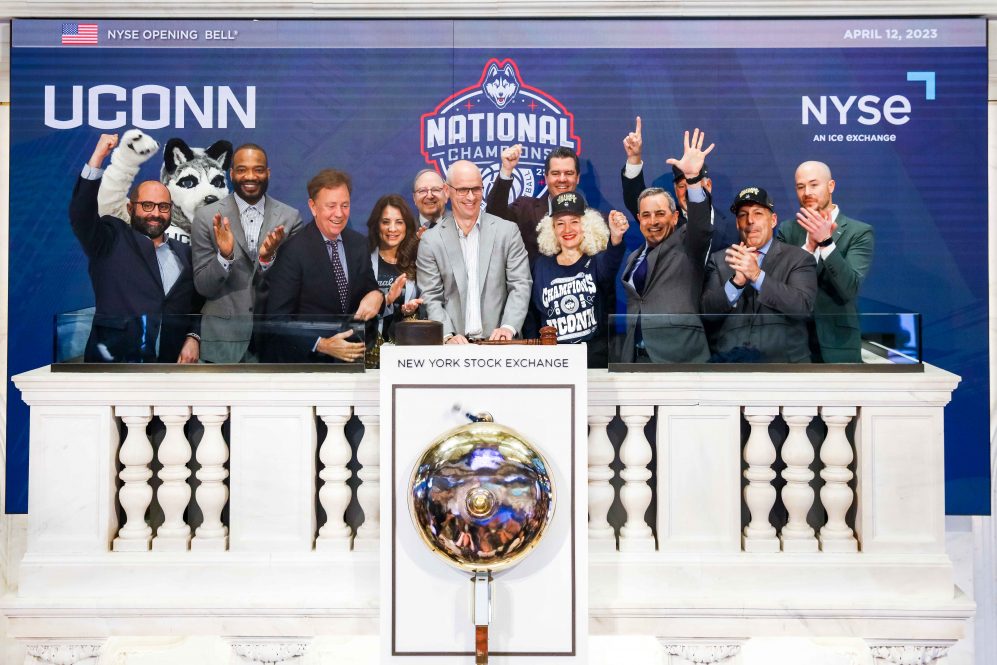The coronation of a European monarch. The decorated caps that enliven every commencement ceremony. The commencement ceremony itself. A lucky pair of underwear.
What these all have in common is that they’re examples of ritual behavior – some on a grand scale, some on a personal scale, but all of them contributing to the way people navigate and make sense of the world.
Dimitris Xygalatas is an anthropologist and cognitive scientist who studies some of the more distinctive aspects of what it means to be human: ritual, music, sports fandom, and much more. An associated professor in anthropology and psychological sciences at UConn, he’s also the head of the Experimental Anthropology Lab and a sought-after media expert on everything from presidential inaugurations to extreme body modification. His most recent book, “Ritual: How Seemingly Senseless Acts Make Life Worth Living,” is available wherever books are found.
In this episode of UConn 360, he talks about his work, about how ritual and superstition offer important insights into human behavior and society, and whether he’s got a few rituals of his own.



